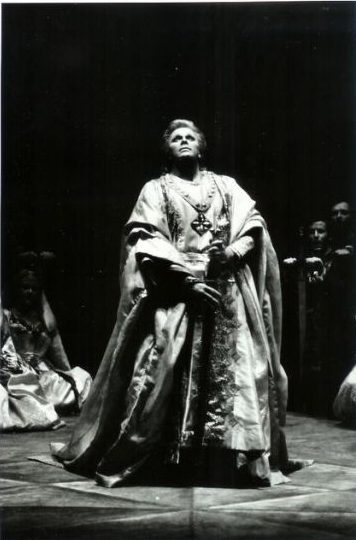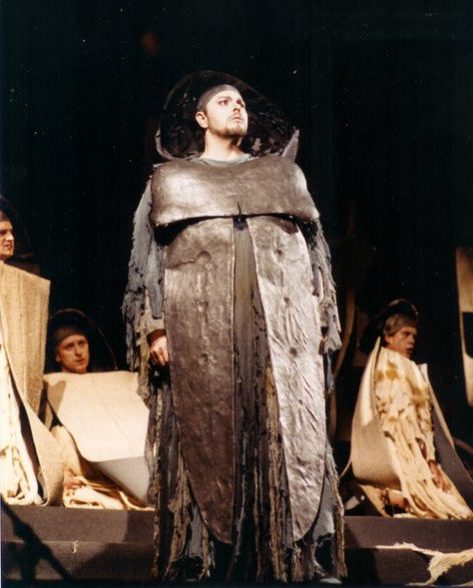Teaching Philosophy
I believe that it is safe to say, all teachers of singing are a composite of everything that we have ever heard, read or even thought about voice and vocal training. We cannot possibly avoid the influence of former teachers and coaches (both positive and negative). Ultimately however, one hopes that, in the process of becoming experienced vocal pedagogues, we have not only learned from those before us, but have also evolved and honed our own teaching skills, developed well-informed methodology and arrived at a clear, simplistic technical approach to singing. Because of the vast wealth of excellent information provided by scientific vocal research, we are much better informed and have become more sophisticated in our knowledge and understanding of the entire physical mechanism than those dear souls who, fortunately for us, had the patience and perseverance to teach and mentor us when we ourselves were aspiring young singers. Let me hasten to add that the previous statements address only the technical foundation for healthy singing – what follows then is the fun part – artistry, repertoire, languages and communication. In its entirety, the total is most frequently referred to as, ‘The Vocal Art’.
Even with all of the wonderful research, it is highly probable that little if anything that we do is in point of fact completely ‘original’. I cannot fathom being able to address the various learning styles and vocal/musical backgrounds of the hundreds of students that we see throughout the duration of our teaching careers without using imagery based realistically upon the most fundamental and efficient employment of the vocal mechanism. A significant amount of knowledge in various sciences and arts is mandatory – anatomy, acoustics, physiology, sociology, linguistics, poetry, history, psychology, musicology, et al. To arrive at the point where one can honestly and truthfully be referred to as ‘Master Teacher’ requires a great many years of experience, keen diagnostic listening, diligent observation, original thinking and, as required, verbal flexibility when attempting to explain the various vocal issues thereby ensuring a student’s understanding and ability to incorporate new concepts and ideas. At all times, utmost respect for the singer is crucial in order to earn and maintain their trust and confidence. Lest we forget – they have engaged our services to assist them in realizing their career potential – at the first assessment and trial lesson, we are auditioning for them – not the other way around. Professional ethics and integrity require that we are always kind, yet completely honest with them before agreeing to accept them into our studio. This is an enormous responsibility – their life and future.
Suffice it to say, what is said here about voice teachers also holds true for students – they too are a composite of everything that they have heard, read, thought or been taught about singing. Therefore, we must ascertain from the very beginning where they are ‘coming from’ technically so that we are better able to adjust as needed, adapt our terminology, tailor our pedagogical style and alter our approach appropriately in order to suit each individual – their personality, level of development and basic knowledge. In time, we eventually establish mutual respect, communication and trust, along with common terminology and imagery. Once a singer finds the right ‘match’ with a teacher, they would be wise to stay with that person throughout their career. Vocal ups and downs are normal and to be expected – that teacher knows the real person and their history – how best to achieve the best results in the most time efficient manner. Teacher hopping or shopping – eternally seeking the person who will tell them what they think they want to hear rather than the plain truth can be disastrous. The large number of brief, skyrocket-and-crash, ten-year careers that we have observed in recent years is most disturbing. What of the seasoned artist – those who perform professionally well into their sixties or even seventies. This leads to much conjecture – perhaps for the Q & A section of this website.



